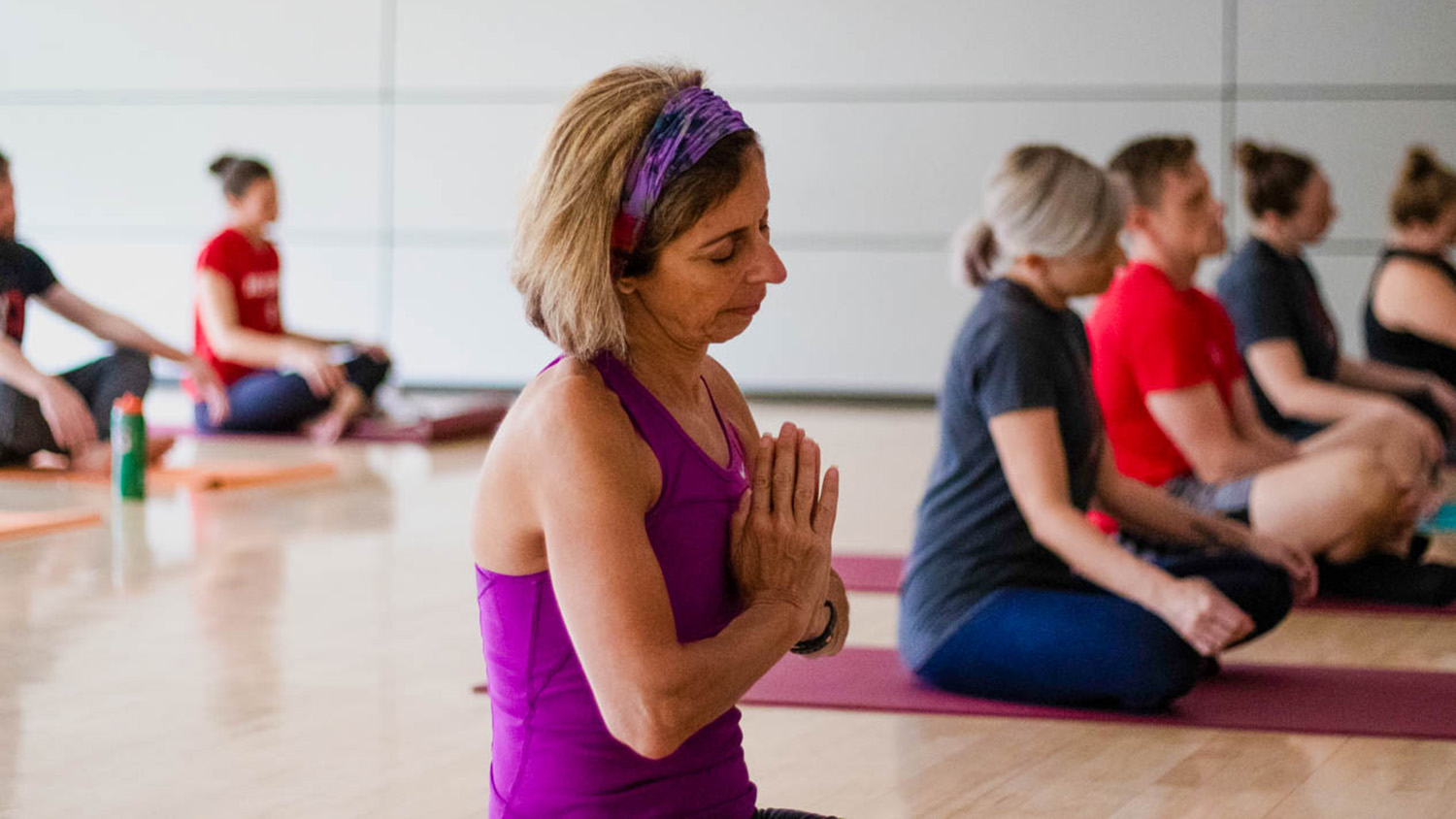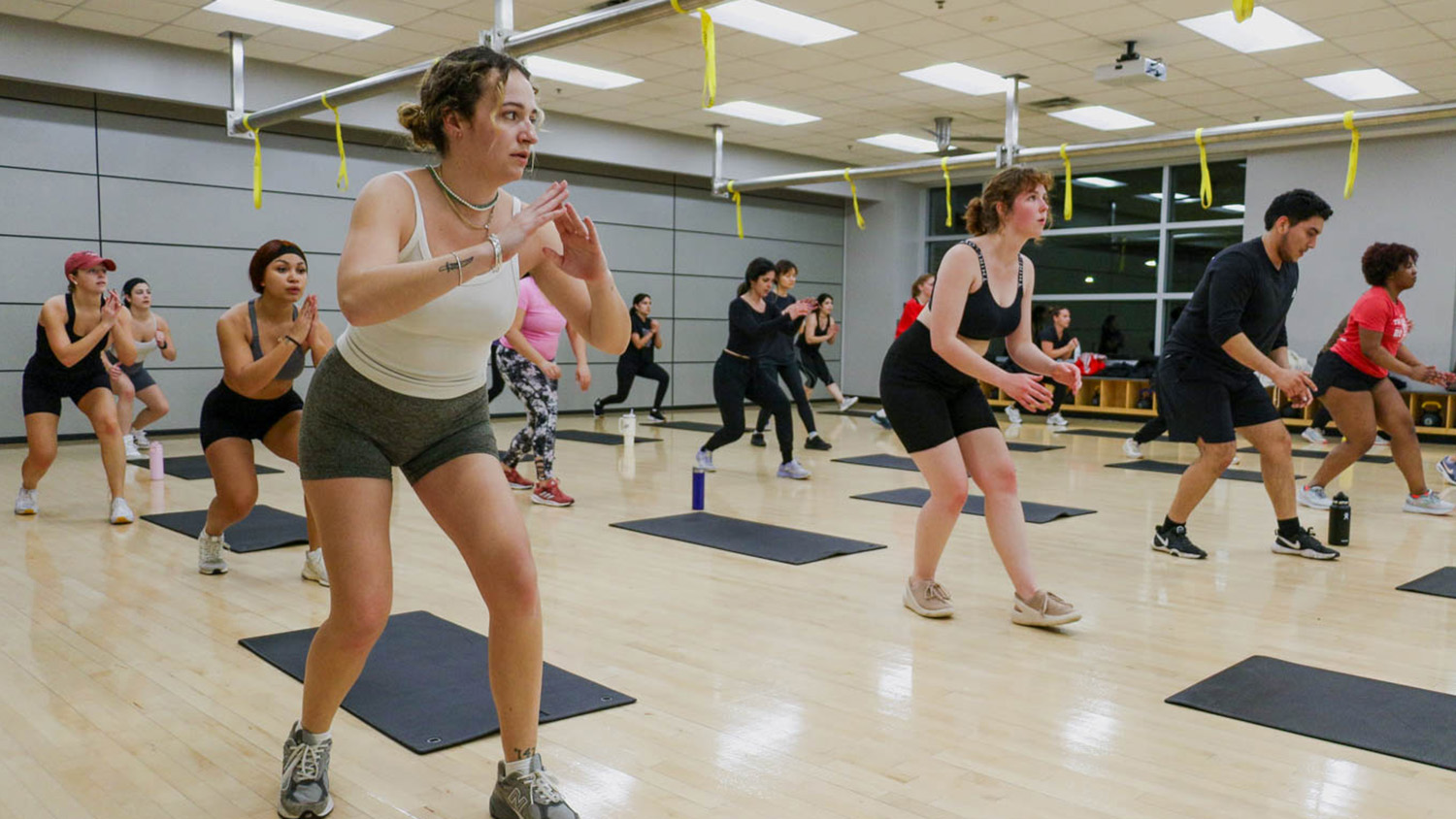Wellness Wednesday: Sleep Tight: Navigating Mid-Semester Rest with Healthy Sleep Habits

As the semester reaches its midpoint, students often find themselves juggling exams, projects, and extracurricular commitments — all while battling the loss of an hour due to Daylight Savings Time. Sleep is often sacrificed in favor of late-night study sessions, but prioritizing rest is essential for academic success, mental health and overall well-being.
The Importance of Sleep
Sleep plays a crucial role in memory retention, cognitive function and emotional regulation. According to the CDC, young adults need at least seven to nine hours of sleep per night, yet many college students fall short of this recommendation.
Chronic sleep deprivation can lead to increased stress, weakened immune function and decreased academic performance. Following your body’s natural wake-up and wind-down cues can help keep you on track for achieving a longer and better quality night’s sleep.
The Circadian Rhythm
The Circadian Rhythm is our body’s internal 24-hour clock, or 24.2-hour cycle to be exact. As the sun sets in the evening, and even a bit earlier in the afternoon, melatonin starts to be produced in the brain, creating a sensation of sleepiness. Around two hours before we fall asleep, our internal body temperature also drops, contributing to decreased alertness and drowsiness. With the right sleep hygiene practices, you can make the transition to a longer, deeper sleep smoother and ensure you’re getting the rest you need.
Sleep Hygiene and the Best Practices
Good sleep hygiene involves creating habits that support restful sleep. Here are some strategies to improve your sleep quality:
- Stick to a consistent sleep schedule.
- Going to bed and waking up at the same time every day, yes, even on weekends, helps regulate your body’s internal clock.
- Limit screen time before bed.
- Blue light emitted from our electronics can interfere with melatonin production, making it harder to fall asleep. Try to power down at least 30 minutes before bed.
- Shut off your devices an hour before bed to prevent them from interrupting your sleep routine.
- Unwind your mind with reflection and light movement.
- Activities such as reading, journaling or stretching can signal to your body that it’s time to wind down.
- Avoid caffeine and heavy meals late at night.
- Caffeine and heavy meals can disrupt sleep, so try to limit caffeine intake after midday and opt for light snacks before bed if needed.
- Foods high in fiber, like almonds and bananas, are perfect light snacks before bed that can reduce stress and improve sleep quality.
- Customize a comfortable sleep environment.
- According to Cleveland Clinic, a cool, dark and quiet room is ideal for restful sleep.
- Consider using blackout curtains, a white noise machine or an eye mask if necessary to block out external light from your bedroom. This is especially helpful for shift workers whose sleep schedule may be impacted by working hours.
Sleep Meditations and NC State Resources
If you’re still struggling with trying to fall asleep, NC State offers sleep aids. NC State is partnered with Headspace, an app that allows individuals to tune into their minds and strive for better health, sleep soundly and manage stress effectively. Through evidence-based meditation and mindfulness tools, consider carving out a few moments throughout the day for stillness and reflection.
Utilize the informational self-help resource provided by the Counseling Center to navigate difficulty with restlessness or join Wellness and Recreation’s Pack to Sleep Challenge for 14 days of curated sleep tips.
Mid-semester stress doesn’t have to derail your sleep. By practicing good sleep hygiene, using available resources and making gradual adjustments, you can maintain quality rest and stay at your best academically, professionally and emotionally. This March, make sleep a priority — your mind and body will thank you.
- Categories:


